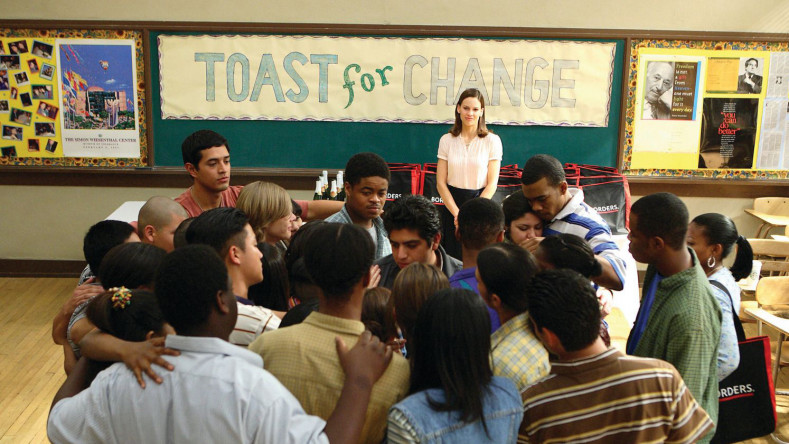
One in three young teachers in England skipping meals to keep up with cost of living
One in three young teachers in England are skipping meals and spending less on food because their pay has failed to keep up with the rising cost of living, while others are taking second jobs, a survey has found.
More than 8,000 state school teachers in England contacted by the National Education Union revealed that 34% of teachers aged 29 or younger said they have been forced to skip meals to make ends meet, with one in five saying they have taken on a second job in addition to teaching full-time, the Guardian reports.
The results underline the vote by NEU’s annual conference for a further five days of strike action this summer, and a ballot to authorise further strikes in autumn, in an effort to wring improved pay from the government for state school teachers in England.
More than one in 10 young teachers said they expected to no longer be working in education in two years’ time, with an excessive workload, a lack of trust from the government as well as pay among the main reasons for leaving the profession.
“The constant goodwill required in order to do the job is no longer viable, I feel like I’m constantly living on the edge of a breakdown but I have no choice but to carry on. My wage no longer lasts the month and I am constantly overdrawn,” one member reported as part of the survey, taken in February.
The National Association of Head Teachers became the third teaching union to overwhelmingly reject the government’s pay offer. In an online ballot, 90% of NAHT members voted not to accept the offer, with almost all saying the offer was “unaffordable” for school budgets.
Teachers also reported severe problems with recruitment, with some vacancies unable to be filled or needing to be advertised multiple times, resulting in posts being empty for extended periods and classes being taught by non-specialists or cover teachers.
Around one in 10 school support staff, including teaching assistants, who were surveyed by the union, said they were on benefits such as universal credit to supplement their income.
NEU members said teaching assistants were often arriving early at school to keep warm and staying late to charge appliances because of soaring energy costs.
Newsfeed
Videos






























